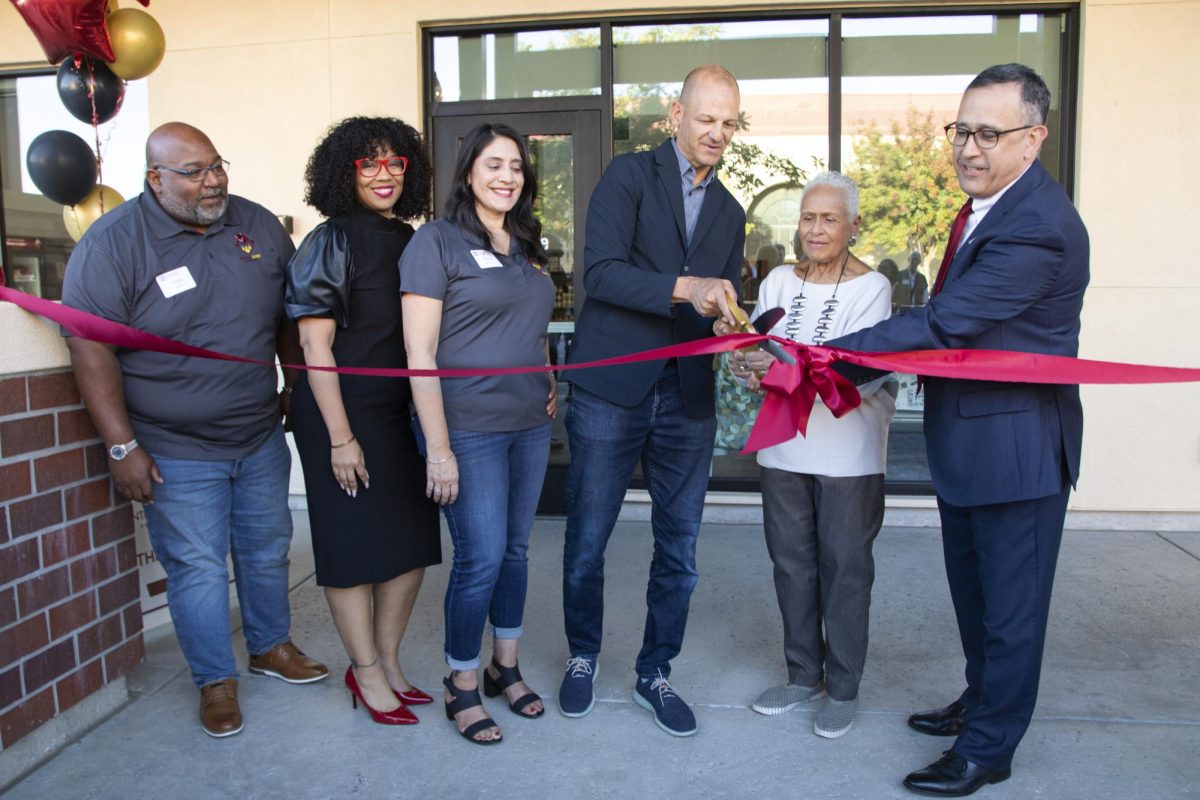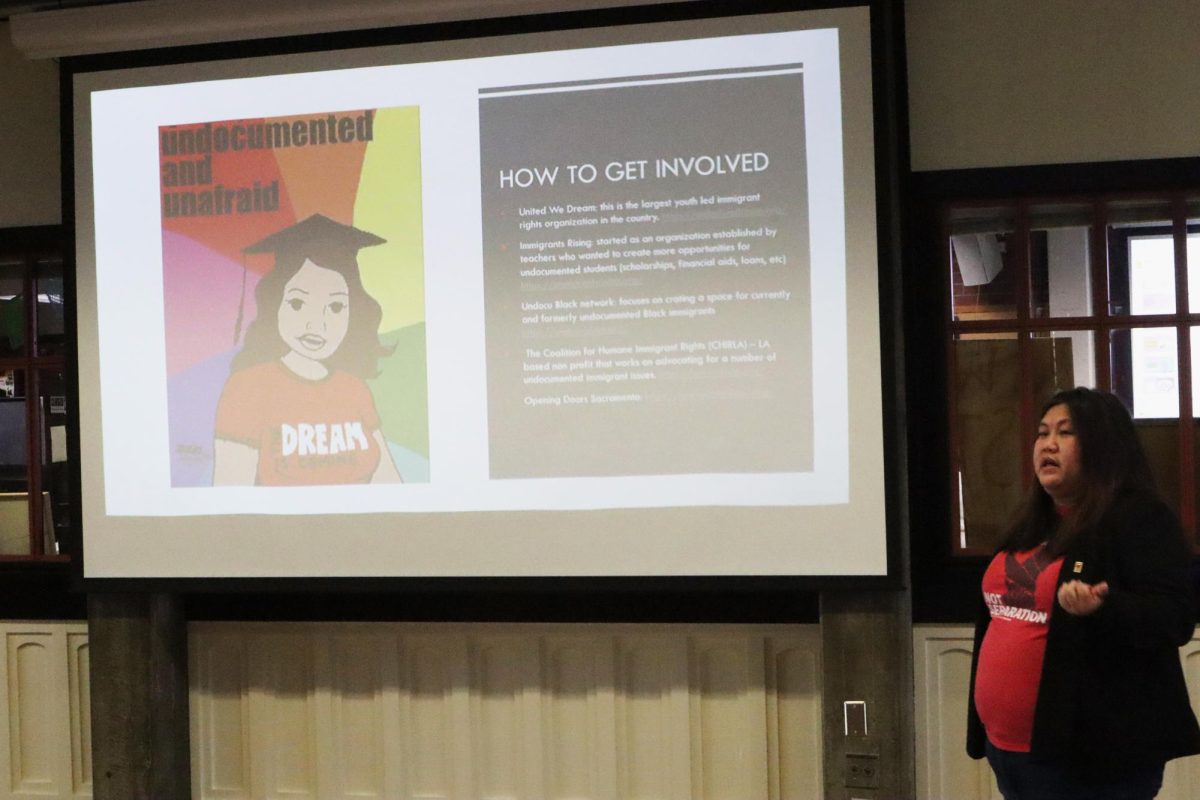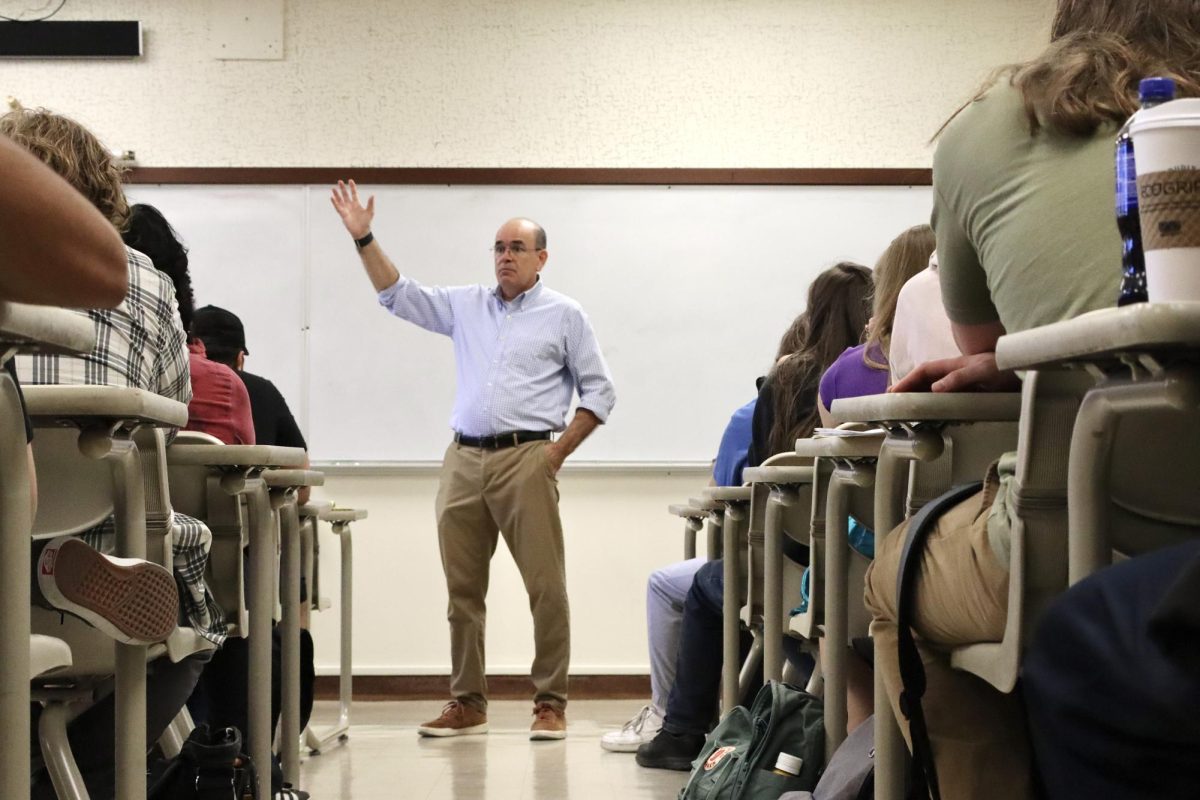Sacramento City College recognizes the mental health challenges college students face and offers a variety of resources through its health and wellness center to help students maintain balance. These services include professional therapy and peer support, among other tools.
City College’s Togetherall platform offers a safe, anonymous online space for students to connect and share experiences, providing peer-to-peer support at any time. If students prefer professional guidance, City College’s therapy and advocacy services allow them to meet with a therapist or advocate either in person or virtually through the Student Health and Wellness Center.
For more flexible scheduling, City College partners with BetterMynd, a platform that provides access to licensed therapists for online therapy sessions during evenings and weekends — perfect for students balancing busy schedules.
Additionally, students can select therapists based on their specific demographics, lived experiences, and specialties, allowing for more personalized care.
We recently spoke to Rachael Ebersole, a Sacramento-based therapist at Stars Behavioral Health Group (not affiliated with City College), to hear her advice on when students should seek professional help, how they can manage stress and anxiety and ways to build strong support systems.
How can students identify when they may need to seek professional help?
I think oftentimes we may not notice when we need help, but if you’re feeling overwhelmed, anxious, or stuck in a persistent low mood, that might be a sign it’s time to reach out for support.
What are some simple self-care practices students or young adults can implement?
Simple things like brushing your teeth, taking daily showers, creating a routine and exercising for at least 30 minutes a day can make a big difference. Also, getting to bed at a decent time and meal prepping to eat at home as much as possible can support your mental well-being.
What are some ways students can build the support system they need?
It’s about being open and asking questions. Reach out, get to know people, attend support groups, join clubs, connect with the community, and stay in touch with family.
What are the most common mental health challenges you see in college students?
A lot of anxiety and stress [are] often accompanied by depression. This is usually due to a lack of coping skills, poor sleep routines and self-doubt.
How can students balance academic pressures with their mental well-being?
Having a routine is crucial. It’s important to schedule days off, and maybe take on only a few classes at a time to ensure you’re not overwhelmed. Finding that balance is key.
For students who may feel hesitant or anxious about seeking therapy, what advice do you have for overcoming that fear?
The longer you wait to ask for help, the harder it can be to take that first step. Don’t be afraid to reach out — everyone needs help at some point, and it’s OK to ask for it.
How can students incorporate mindfulness or relaxation techniques into their daily routines?
Incorporating relaxation is important to manage anxiety. Try deep breathing techniques or meditation — whatever works for you. Find small moments throughout the day to pause, and reach out to counselors for guidance. If you enjoy sports or hobbies, consider taking classes that align with your interests to help you stay grounded.


























